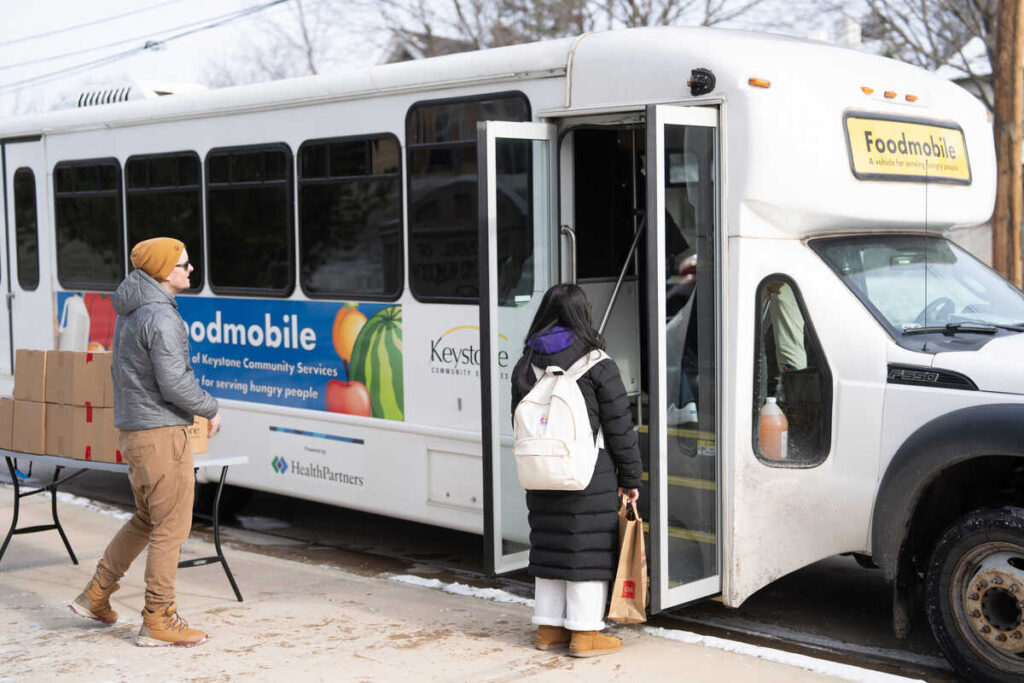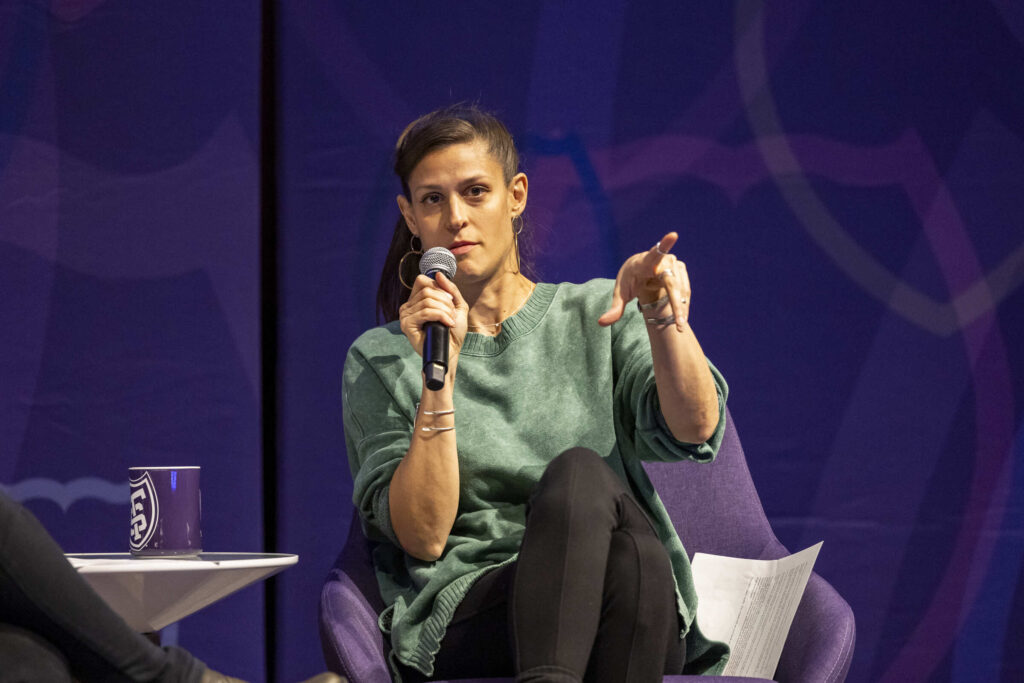Educating teachers to understand and address trauma triggered in the classroom is vital when it comes to nurturing a child’s ability to learn.
As a result, the School of Education and the Morrison Family College of Health have teamed up to form the Minnesota Institute for Trauma-Informed Education (MITIE). The institute will help to develop, support, and advance the field of trauma-informed and trauma-engaged education.
With funding from the Carolyn Foundation and the Sauer Family Foundation, MITIE will officially launch in May. Currently, the institute is offering the Continuing and Professional Education (CAPE) course Becoming Trauma-Informed: A Primer for Educators to help educators learn how to identify and assist students who face the impacts of trauma.
Childhood trauma and its effects have been captured with a growing body of research, commonly referred to as adverse childhood experiences (ACES).
This could include trauma that is incident-related, such as a death in the family or transitioning to and from distance learning due to the pandemic. However, it is more often associated with domestic violence, abuse or neglect; witnessing violence in the home or community; growing up in a household with substance abuse, homelessness, mental health problems or instability due to divorce or incarceration.
As the CAPE primer course description states, “more than two-thirds of people report experiencing at least one traumatic event by age 16. For some, school is a respite from the anxiety and worry at home, but for others, well-meaning teachers are doing more harm than good by not being trauma-aware.”
Trauma shows up in the classroom in many ways, from a student having trouble concentrating to expressing themselves through angry outbursts.
Providing support for educators
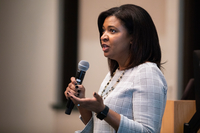
Dr. Kathlene Campbell, dean of the School of Education.
Dr. Kathlene Campbell, dean of the School of Education, has been diligently researching and developing ways to best infuse trauma-informed training into the school’s curriculum. Now that plan has come to fruition with MITIE. The institute will provide an outlet for scholars, practitioners and researchers to convene and learn about the latest practices in trauma-informed education.
“Prior to the pandemic, there was a need to embed trauma-informed education into teacher and administrator preparation as well as professional developments to address how to de-escalate situations that may occur in classrooms or throughout schools,” Campbell said. “By understanding and responding to trauma, school administrators, teachers, and staff can help reduce its negative impact and support critical learning to ultimately create a more positive school environment.”
That environment includes the well-being of the impacted student, the educators and personnel, as well as the relationship-building with the other students who are indirectly affected by their peers.
“Now that children, as well as adults, are returning to school, it is even more important to respond to the social and emotional needs of everyone,” Campbell added. “The truth is trauma doesn’t discriminate. It can happen to children of all ethnicities, backgrounds, and socioeconomic levels.”
Dr. MayKao Y. Hang, vice president of strategic initiatives and founding dean of the Morrison Family College of Health, said social and emotional well-being is the foundation for learning.
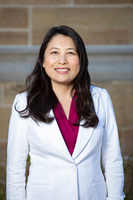
Dr. MayKao Y. Hang, vice president of strategic initiatives and founding dean of the Morrison Family College of Health.
“This partnership recognizes the necessity of us working together across the fields of education and health so that we can achieve student success,” Hang said. “The Morrison Family College of Health is working to advance health and well-being in the community, and that means changing and improving the environments in which we live, work, and play. For children, that means educational institutions where much of their time and lives are spent.”
Campbell said MITIE was created to address three primary areas in trauma-informed education:
- To provide a series of trauma-informed trainings, workshops and seminars to expand the knowledge basis.
- To build a trauma-informed school network that will allow schools to engage in a learning community where they can share their lessons learned as well as visit different campuses to better understand how an entire school focuses on trauma-informed and trauma-engaged education operates.
- To analyze data and disseminate research from network schools as well as provide policy recommendations to state education agencies and legislative education committees through a research and policy division of the institute.
A community effort

Pat Sauer, founder of the Sauer Family Foundation
Support from the Sauer Family Foundation and the Carolyn Foundation helped make the institute a reality. Both non-profit organizations are dedicated to improving the lives of children.
“The Sauer Family Foundation is very excited about MITIE because it is important that teachers get the training and support they need to understand trauma and the effects of trauma on children’s behavior,” Pat Sauer, founder of the foundation, said. “Using trauma-informed language and interventions in classrooms reduces behavior incidences by 70% or more, calming the children, the classroom and the entire school. This creates an environment conducive for teaching and learning.”
The Carolyn Foundation has been funding school-based trauma-informed education programs for the past five years said Lesley Crosby, board chair of the foundation.
“We have sadly come to realize that in many school districts, a majority of students have experienced significant trauma in their young lives, which compromises their ability to learn and fully function in society,” Crosby said.
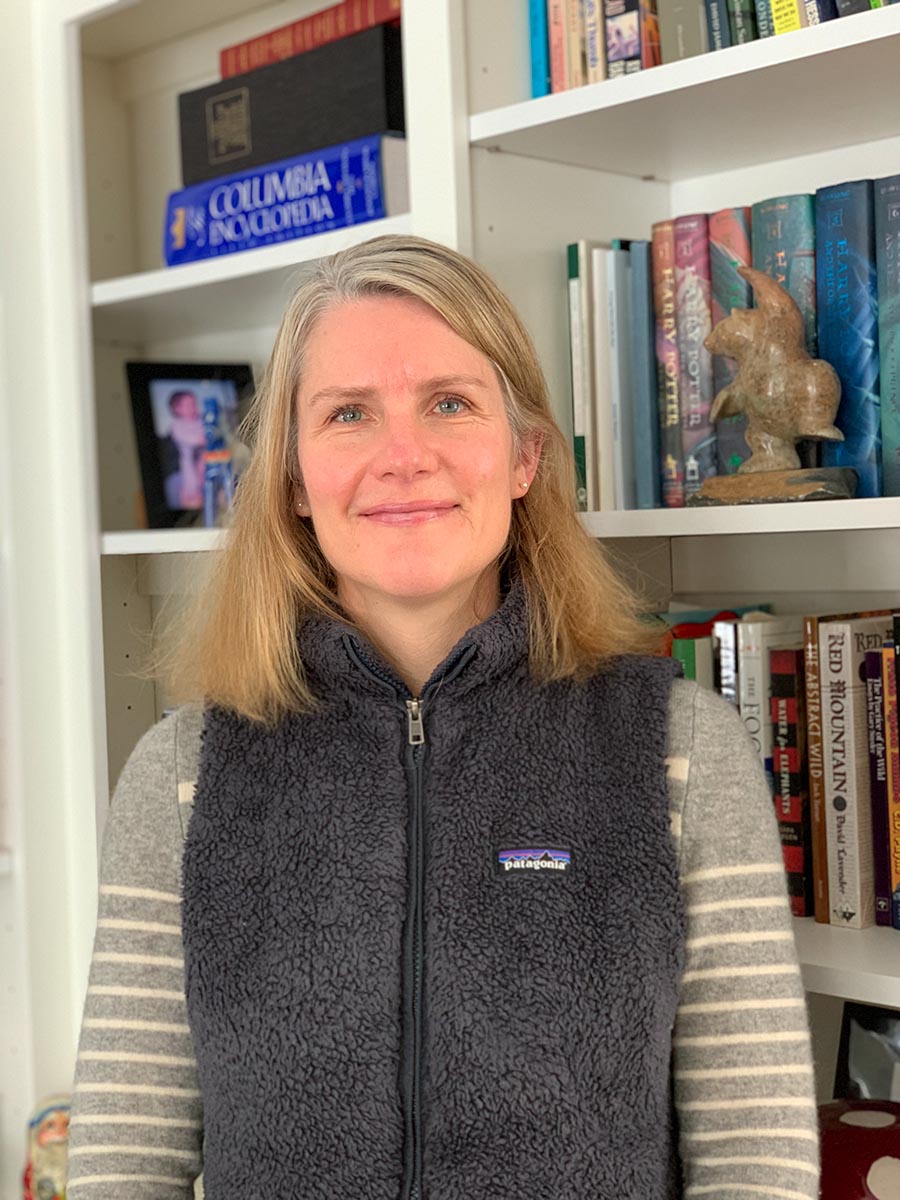
Lesley Crosby, board chair of the Carolyn Foundation.
“We are thrilled to be early funders of MITIE, as we wholeheartedly believe that if all teachers can provide trauma-informed teaching practices in their classrooms, all students will benefit. All students will have a better chance at academic and personal success and know that adults in their lives care deeply about what they have been through and support them as best as possible.”
Campbell said she recognizes that addressing trauma and supporting children, educators, staff and administrators requires a community effort.
“There is an ancient African concept called ubuntu, which means I am because you are,” Campbell said. “The creation of MITIE with the generous support from the Sauer Family Foundation and Carolyn Foundation highlights the importance of working collaboratively together to not only positively impact the community, but also continue to exist and thrive. It reflects everything that we stand for at St. Thomas, working together to support the common good.”



